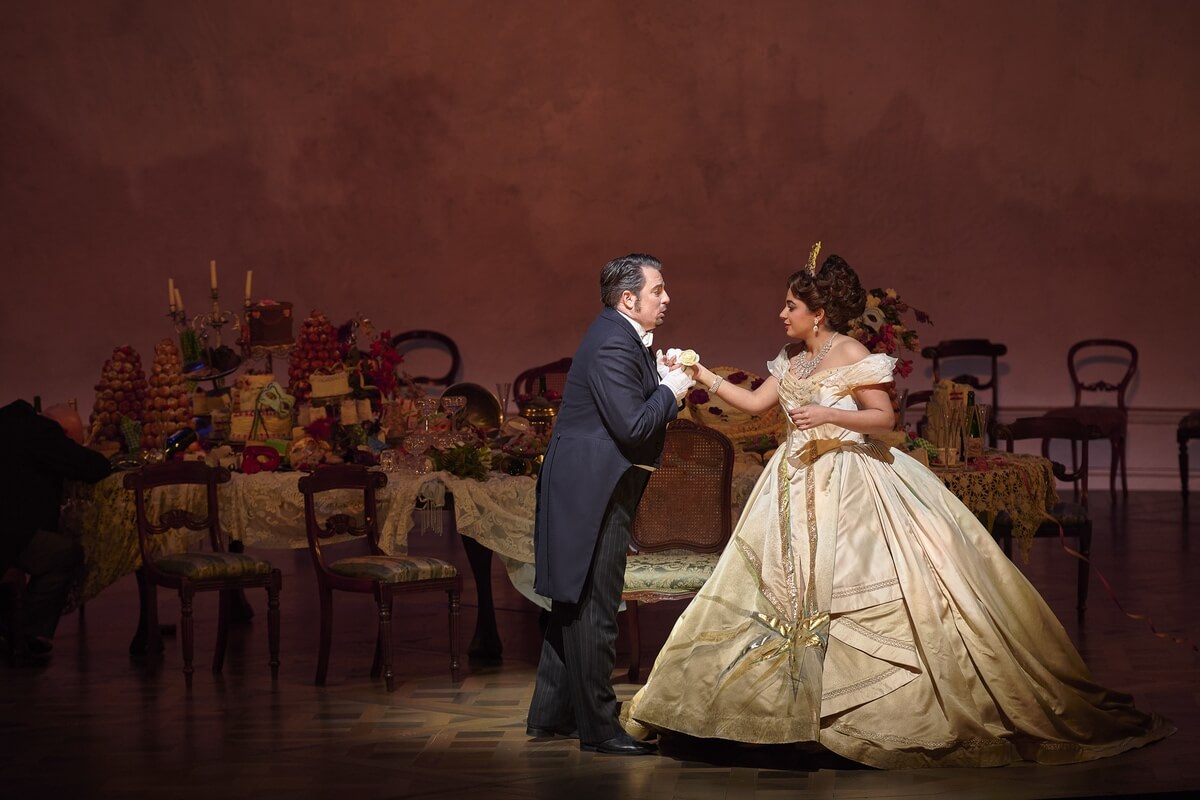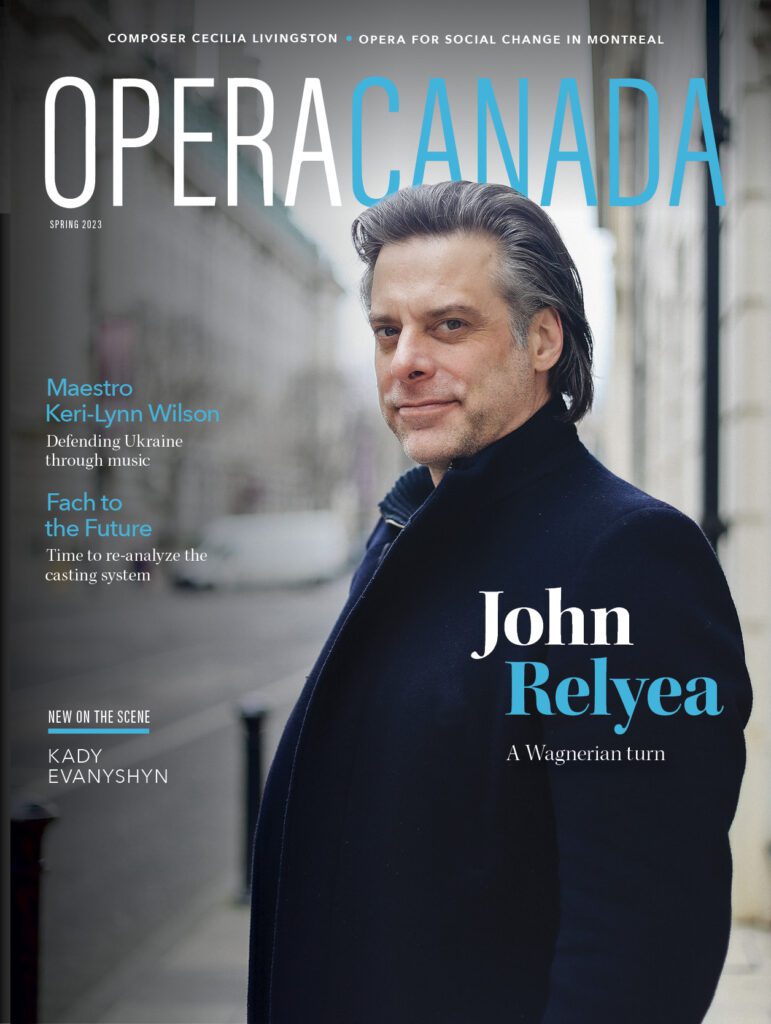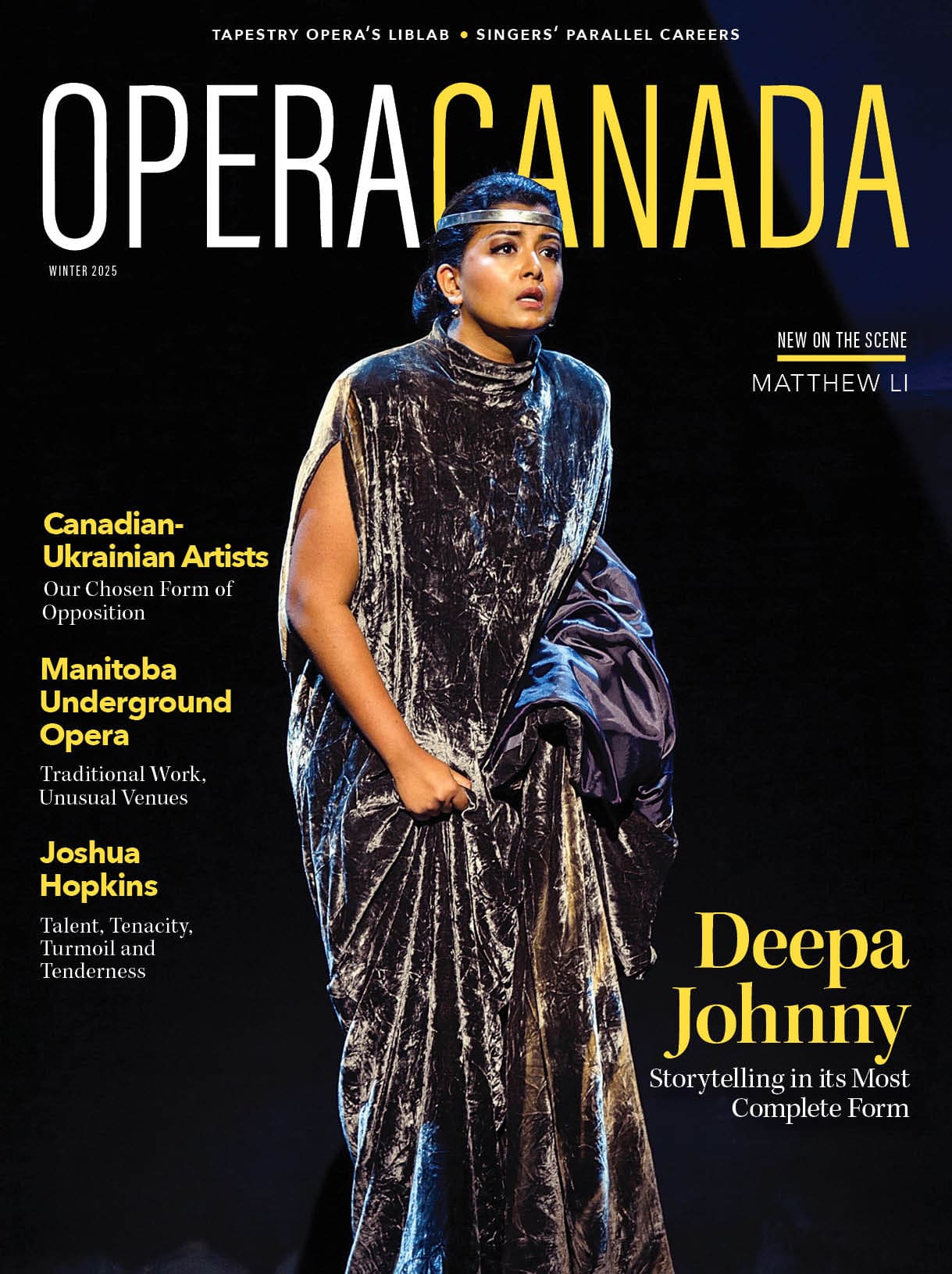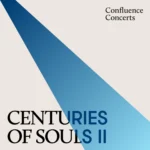SUBSCRIBE TO DIGITAL AND/OR PRINT MAGAZINE
*this text was originally published in the Spring 2023 print version of Opera Canada magazine
Currently San Francisco Conservatory of Music’s Chair of Voice and Opera Studies, César Ulloa has been a Master Teacher at prominent young artist programs, including San Francisco Opera’s Merola and Adler programs, LA Opera’s Domingo-Colburn-Stein, and Dolora Zajick’s Institute for Dramatic Voices. Zajick credits Ulloa with having a direct impact on the world of opera, saying, “the number of singers who actually make it in the business probably numbers less than a few thousand, yet a significant number of that small number of singers can say that it was César Ulloa that gave them the skills a singer really needs to have a career.”
Ulloa’s formative years occurred during a golden era of operatic singing. Imagine a young and wide-eyed tenor in the midst of stars such as Franco Corelli, Joan Sutherland, Marilyn Horne, Alfredo Kraus, Jerome Hines or Jon Vickers. Whether he was studying under their tutelage, sharing the stage as a chorus member, or simply having the good fortune of rubbing shoulders with them, Ulloa’s eyes sparkle as he tells me about hearing them up close. By his own admission, one of Ulloa’s greatest assets as a teacher is the sheer genius he was exposed to as a young artist, inevitably shaping his keen ear, centuries of knowledge being passed down to him. It harkens back to Licia Albanese who once said, about her early opera debut, ‘’From then on I found a good school in the theatre, singing with great singers. They gave me my schooling… we learned on the stage with the great singers.”
Ulloa describes himself as an old-school teacher: “I try not to get in the way of the singer’s natural voice. I don’t want them to sound like anything but themselves. Whether it’s a warm sound or round sound, I don’t take that away. Are they breathing correctly? Are they really supporting the sound? I observe carefully because that connection is really hard to find if no one has ever talked to them aboutbreathing and supporting the sound. We want the voice to be riding on a cushion of air.”
When asked about specific technical aspects of breath and support, Ulloa suggests exercises which train the body to sustain the outward expansion and buoyancy of the ribcage throughout prolonged exhales, without allowing it to collapse. Some of his cues also guide singers to “starve the breath and resist overflowing” in order to address a common misconception among young singers that more is better. He explains: “the problem is they think ‘opera’, so they think loud. They don’t realize that they have to find the resonators (upper head cavities), the best place to resonate in order to carry over the orchestra and in big opera houses.”
Often, the instinctive desire to project the voice forward leads to what we call ‘pushing’. It is linked to an overly forceful breath flow which pushes the voice forward and creates too much pressure on the vocal cords, leading to many unhealthy outcomes. Ulloa’s best advice is to “always have a bit of inhale in the sound. If you do that, you’ll never push,” a concept straight from the bel canto technique, which dictates to ‘inhale the voice’.

There is a common misconception among young singers that careers should take off once a diploma is in hand. It creates unreasonable expectations which are harmful and tend to lead to emotional distress or lead singers to search for what Ulloa calls ‘the golden egg’: a quest to find “the one thing that will give them a high C, for example. The one teacher who will magically wave a wand and fix everything.” As a result, rather than remaining constant in their work, Ulloa sees singers who have hopped from one teacher to the next, avoiding spending the time and diligence it truly takes to fully mature vocally and artistically. Overcrowding a singer’s mind is dangerous. It creates mental confusion which generally bleeds into the vocal realm. Ulloa warns that singers who have had five or six teachers are usually plagued by more mess than magic.
“Great singers of the past used to go to their voice teachers every single day. Nowadays we see a student one hour a week. And if they’re young, they can’t retain the information. So I make sure they’re recording their lessons and hope they listen back throughout the week so they can stay the course.” Many might be surprised to know that even a celebrated baritone like Étienne Dupuis still uses decades-old recordings of lessons with Ulloa to warm-up his voice. The importance of work ethic and accountability are immeasurable. Ulloa insists, “if you’re not able to take ownership of your learning, you are not going to make it. You have to really want to put in the time and work.”

Matthew Polenzani (Alfredo) and Amina Edris (Violetta) in The Canadian Opera Company’s production of La traviata Ⓒ Michael Cooper
Soprano Amina Edris, who sang Violetta in the Canadian Opera Company’s most recent production of La Traviata, credits Ulloa for much of her success. Edris started studying with Ulloa after she completed her graduate studies. But here is the fascinating piece: she only sang scales and worked on vocal technique with him for 6 months—no arias, no art song, no auditions. For half a year.
Artists nowadays usually study in programs designed to teach them within a limited number of terms. They sometimes must perform weekly in order to jump through every hoop that will bring them to graduation. And so it begs the question: if we know that the great singers of our time were carefully and unhurriedly taught daily, through scales, vocal exercises, and melodies simply designed to train the voice… What is the real cost of such a compromise?
















